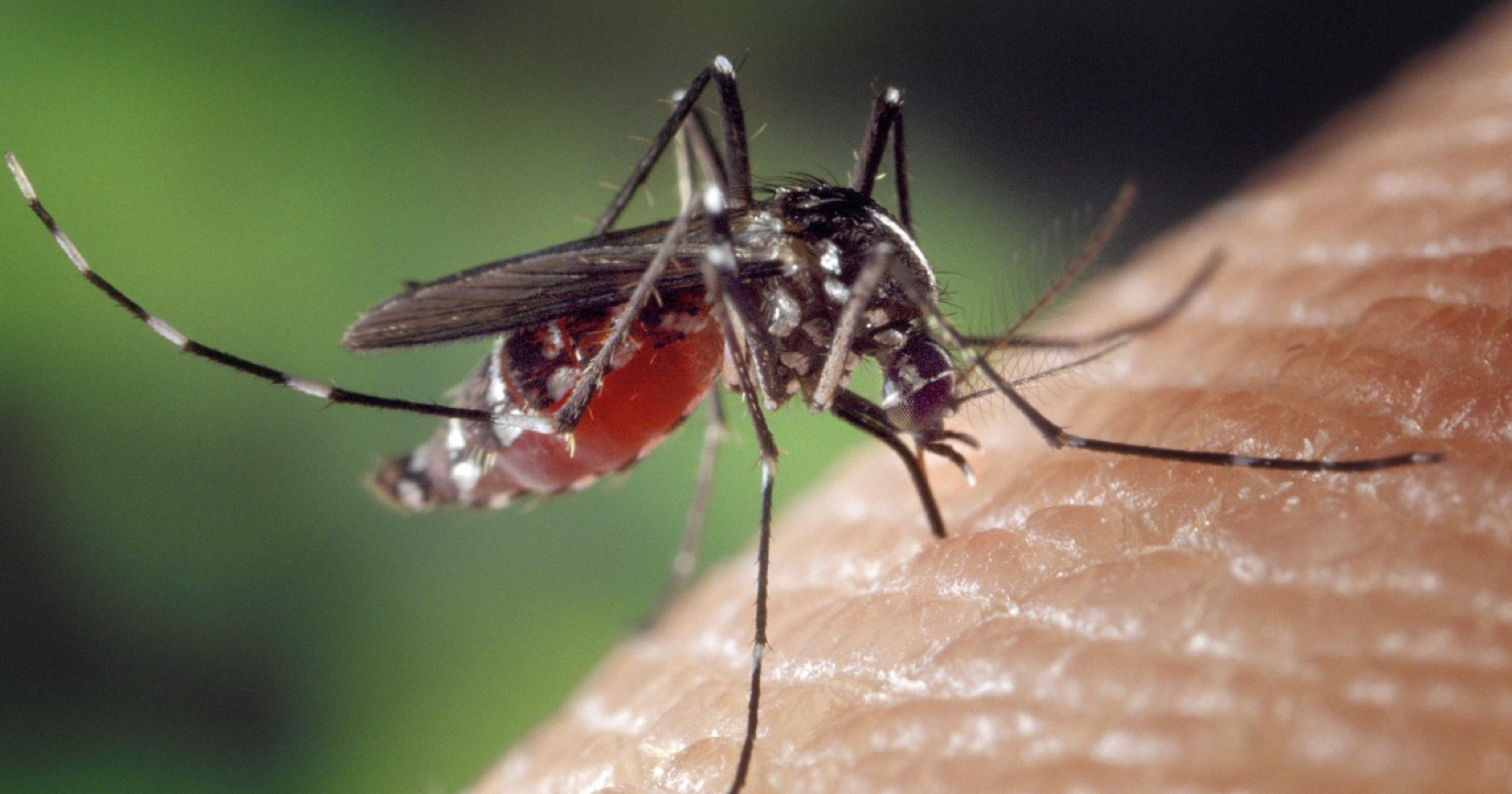More than 10,000 cases of dengue fever have already been recorded by the Ministry of Environment and Water Resources as of Aug. 24, 2019.
Minister Masagos Zulkifli told Parliament on Sept. 2 that the surge could be attributed to three reasons:
1. Relatively warmer weather
The mean temperature for the first half of 2019 was 0.7 degrees higher than the same period last year.
Warm weather speeds up the development of the Aedes aegypti mosquito, as well as the incubation period of the dengue virus.
Prime Minister Lee Hsien Loong previously warned Singaporeans of the impact of climate change on Singapore, the "palpably hotter weather", and risk of disease associated with rising temperatures.
2. Increase in the local mosquito population
If that wasn't enough to get you worried, the National Environment Agency (NEA)'s surveillance system has recorded an almost threefold increase in the population of the Aedes aegypti mosquito since the last major dengue outbreak of 2013.
With more mosquitoes, the higher risk of virus transmission.
3. Lower herd immunity in our own population
Due to the previous successes in preventing dengue, only 41 percent of adults in 2017 have had dengue, compared to 59 percent in 2004.
This means that we have a lower "herd immunity" in our population, and a large proportion of Singapore residents are susceptible to the virus.
Eliminating breeding grounds
NEA has teamed up with agencies in the Inter-Agency Dengue Task Force and Town Councils to ramp up inspections to eliminate breeding grounds.
In the first half of 2019, more than 442,000 inspections have been conducted, uncovering 8,200 mosquito breeding habitats.
In dengue clusters, as many as 70 per cent of breeding habitats have been detected in residential areas.
The NEA has already taken about 1,200 enforcement actions against households with breeding habitats by June 2019.
Dengue prevention campaign
Since the launch of April's national dengue campaign, more than 1,000 dengue prevention events and activities have been organised.
NEA has used social media, TV and radio to complement ground efforts by volunteers and grassroots advisers to warn the public about the dangers of dengue.
Alert banners, posters and notices have also been strategically placed around estates in dengue cluster areas.
Reduction in weekly number of dengue cases
In his speech, Masagos reported some initial success as a result of these efforts.
Of the 1,021 dengue clusters formed in 2019, MEWR has shut down 863 of them, including some of the biggest ones in Woodlands, Pasir Ris, Chai Chee and Upper Thompson.
The weekly number of dengue cases has also reduced, from a high of 664 cases in the second week of July to the 480 cases in the third week of August.
Surveillance capabilities
NEA will also be deploying an additional 14,000 Gravitraps in the next four months to manage dengue clusters in residential areas.
The existing network of 50,000 Gravitraps forms a surveillance system that allows NEA to deploy officers to areas of higher priority.
Top image from Pixabay.
If you like what you read, follow us on Facebook, Instagram, Twitter and Telegram to get the latest updates.
